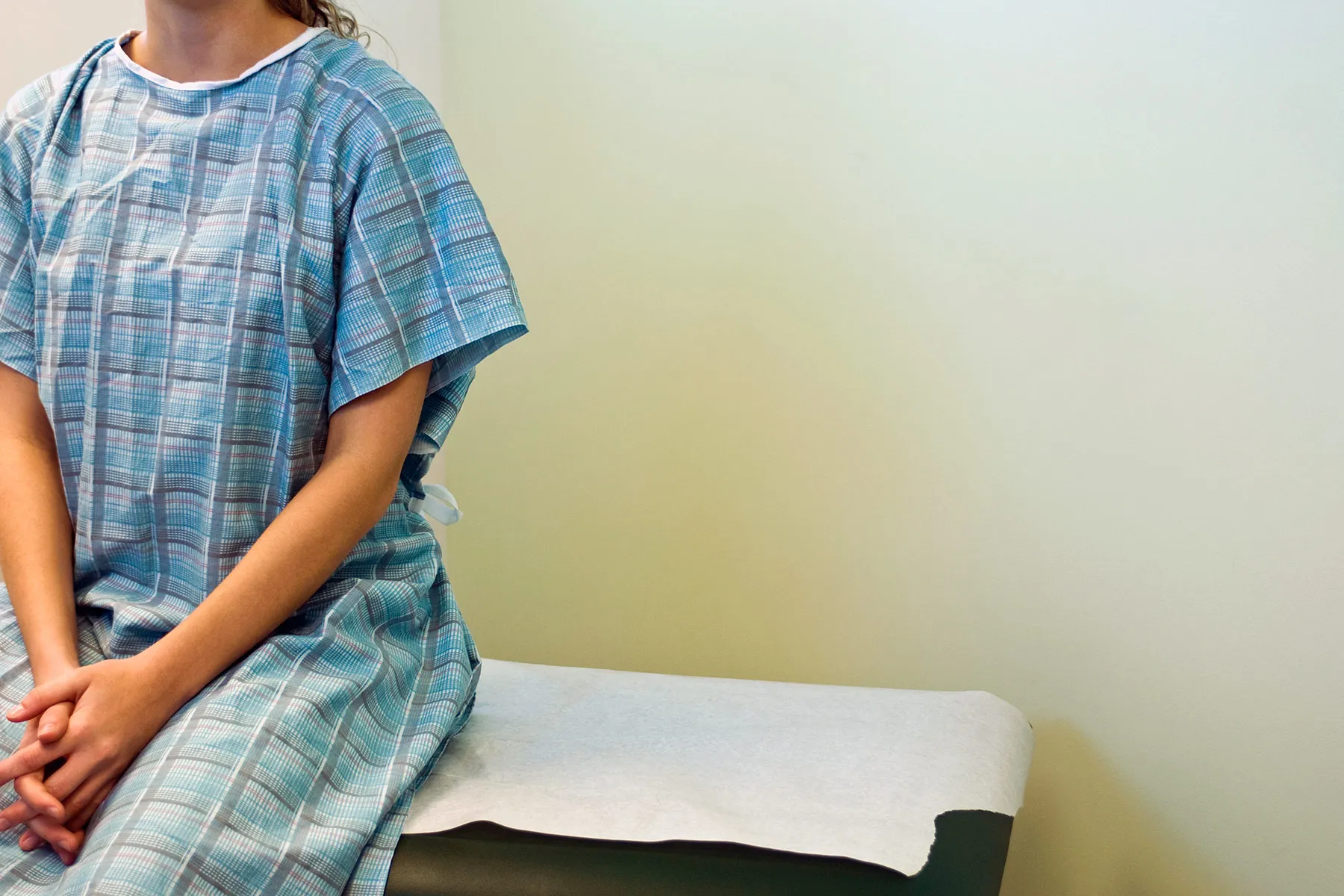WHO/Europe, through the WHO European Office for Investment for Health and Development, based in Venice, Italy, has launched a New Economics Expert Group (NEEG) comprised of representatives and research specialists from 14 institutions. The group will work to facilitate the implementation of the WHO resolution on accelerating progress towards healthy, prosperous lives for all in the WHO European Region through the Economy of Well-Being Initiative (EWBi).
The NEEG will help enable countries and partners to put people and their well-being at the centre of fiscal and economic policy and decision-making by quantifying the benefits and costs of public goods such as food, fuel, housing, safety, decent livelihoods and publicly funded primary care, which are central to promoting equitable societies.
Health is critical to stable societies and economies
“There is an unprecedented understanding among the public, governments and the international community that health is critical to the stability, resilience and sustainability of our societies and economies,” explains Chris Elizabeth Brown, Head of the WHO European Office for Investment for Health and Development. “We saw this at the height of the COVID-19 pandemic, and it is vital now as we focus on transition and efforts to build a better future.”
The Initiative will culminate in the creation of an EWBi Alliance, a coalition of countries and partners that will advocate for and drive forward the shift from market-driven norms and policies to an economy of well-being – enabling us all to live healthy lives, reach our full potential and enjoy fundamental rights.
“We will not be able to move forward when so many in our societies are falling behind,” Ms Brown adds. “Closing gaps in health and well-being within and across countries of the WHO European Region is therefore not only the right thing to do; it is the smart thing to do for any country that is committed to building a better future.”
Health equity at the heart of resilient public systems and secure societies
Increasing investments in public goods helps build stronger, more resilient and inclusive systems that promote everyone’s well-being. For these to address social and economic inequities, new economic thinking is needed, to go beyond traditional measurements by including other indicators of well-being such as mental health, trust and social cohesion.
NEEG will quantify these benefits and costs and provide the EWBi Alliance with scientific tools to guide future decisions.
The Group’s data-driven approach will help deliver on the recommendations of the Pan-European Commission on Health and Sustainable Development to identify and heal social fractures; invest in strong, resilient and inclusive national health systems; and create an enabling environment to promote investment in health and health equity.
Note: This article have been indexed to our site. We do not claim legitimacy, ownership or copyright of any of the content above. To see the article at original source Click Here













